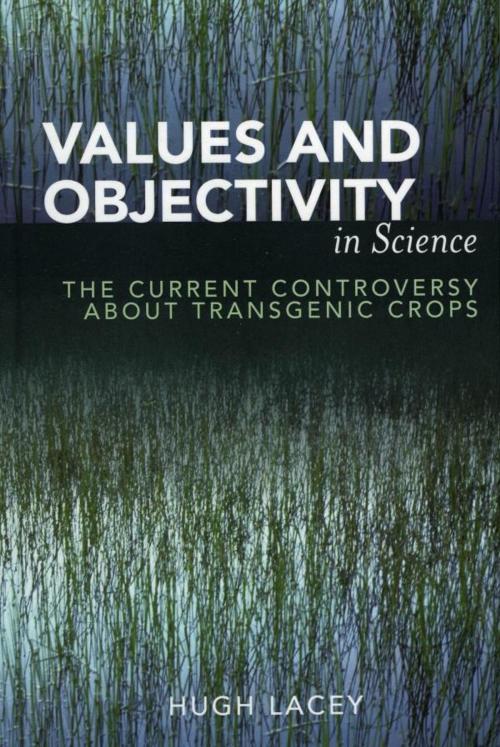Values and Objectivity in Science
The Current Controversy about Transgenic Crops
Nonfiction, Religion & Spirituality, Philosophy, Ethics & Moral Philosophy, Science & Nature, Science| Author: | Hugh Lacey | ISBN: | 9780739162248 |
| Publisher: | Lexington Books | Publication: | June 28, 2005 |
| Imprint: | Lexington Books | Language: | English |
| Author: | Hugh Lacey |
| ISBN: | 9780739162248 |
| Publisher: | Lexington Books |
| Publication: | June 28, 2005 |
| Imprint: | Lexington Books |
| Language: | English |
Values and Objectivity in Science illuminates many of the ethical issues that arise concerning scientific practices and applications, offering an account of how social and ethical values play important roles within science. Hugh Lacey develops and clarifies his previous analysis by arguing for the importance of research being conducted under a plurality of strategies, contrasting 'materialist strategies' with 'agro-ecological strategies.' By displaying the structure of current ethical controversies about the legitimacy of planting transgenic crops, this book illustrates that sound thinking on such issues must be grounded on an adequate philosophy of science, one that can clearly distinguish between the proper and the distorting roles of values in scientific practices. This book will prove useful for science students and practitioners as well as those interested in the growing ethical questions involved in scientific practices.
Values and Objectivity in Science illuminates many of the ethical issues that arise concerning scientific practices and applications, offering an account of how social and ethical values play important roles within science. Hugh Lacey develops and clarifies his previous analysis by arguing for the importance of research being conducted under a plurality of strategies, contrasting 'materialist strategies' with 'agro-ecological strategies.' By displaying the structure of current ethical controversies about the legitimacy of planting transgenic crops, this book illustrates that sound thinking on such issues must be grounded on an adequate philosophy of science, one that can clearly distinguish between the proper and the distorting roles of values in scientific practices. This book will prove useful for science students and practitioners as well as those interested in the growing ethical questions involved in scientific practices.















